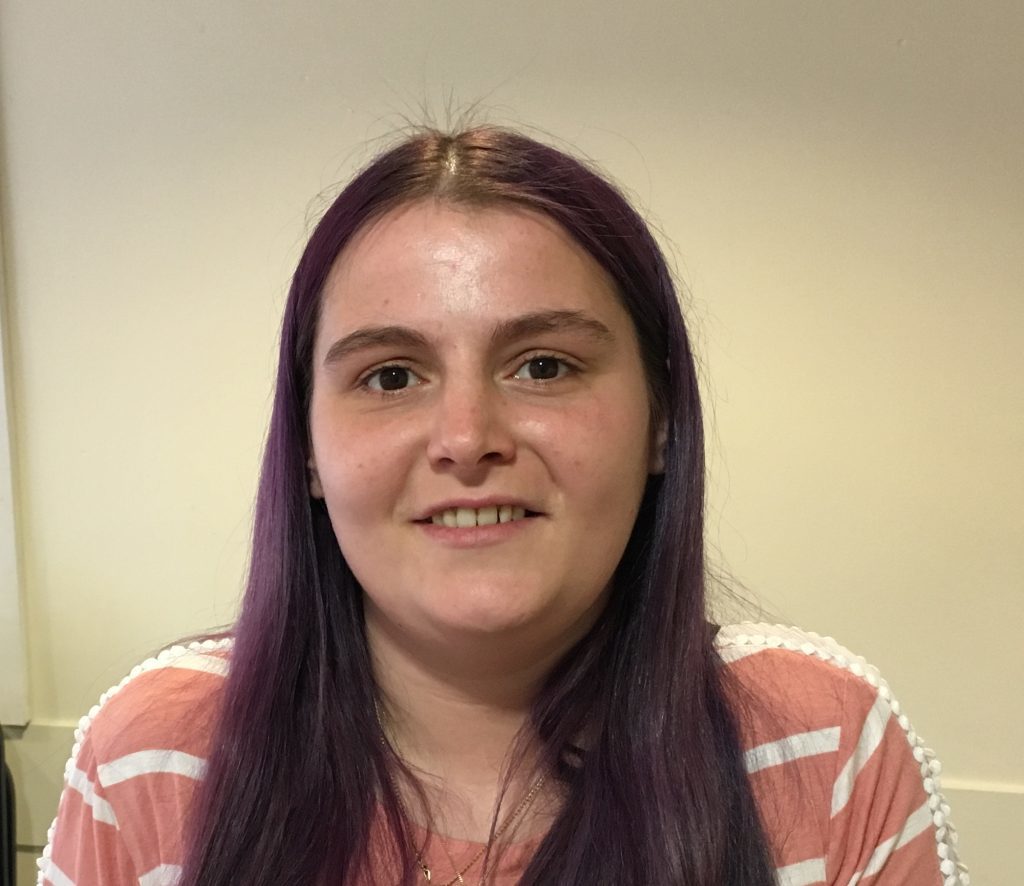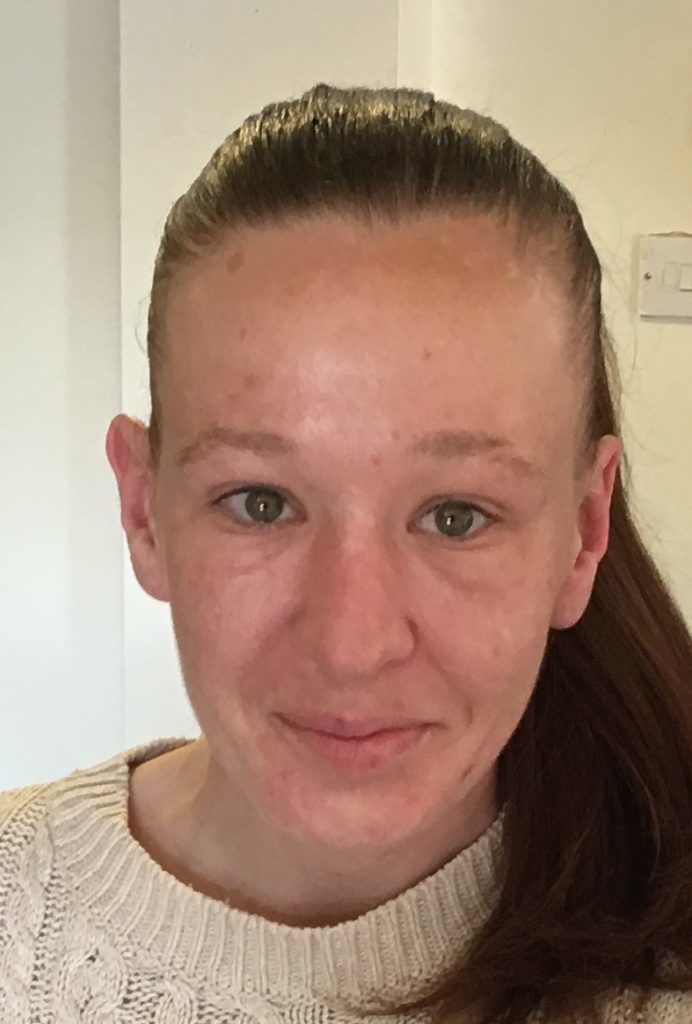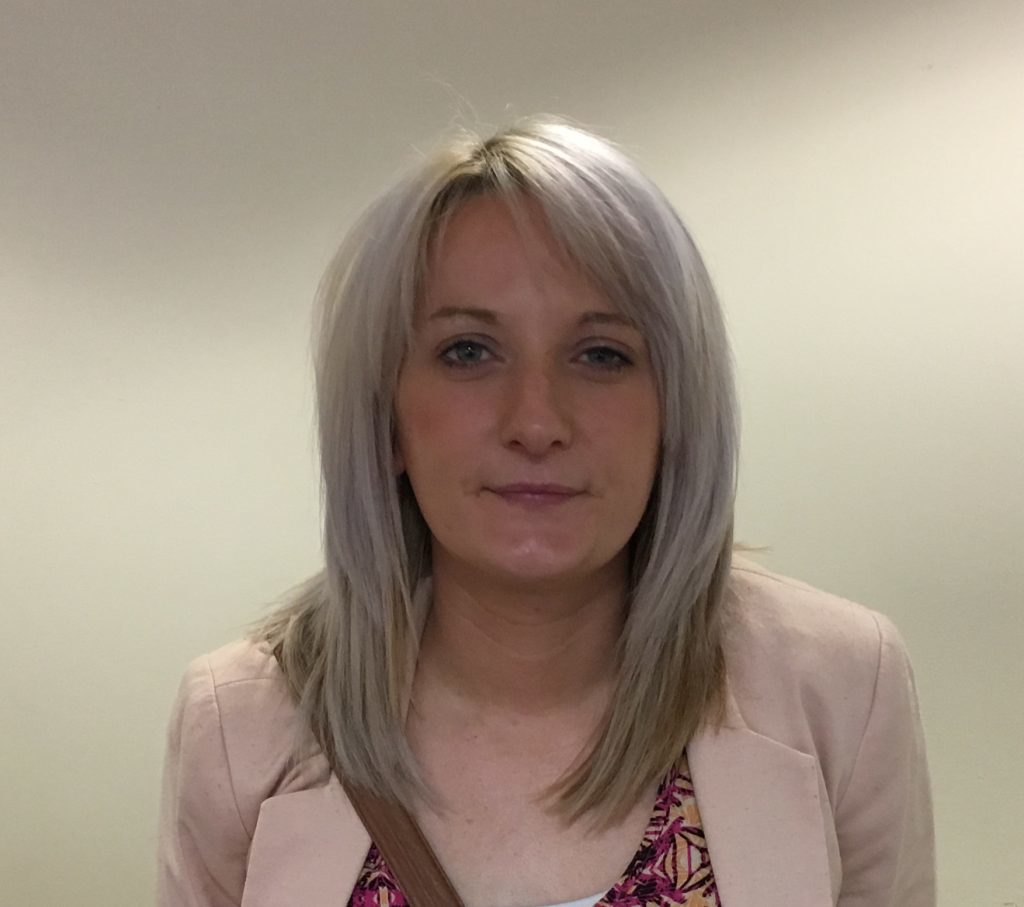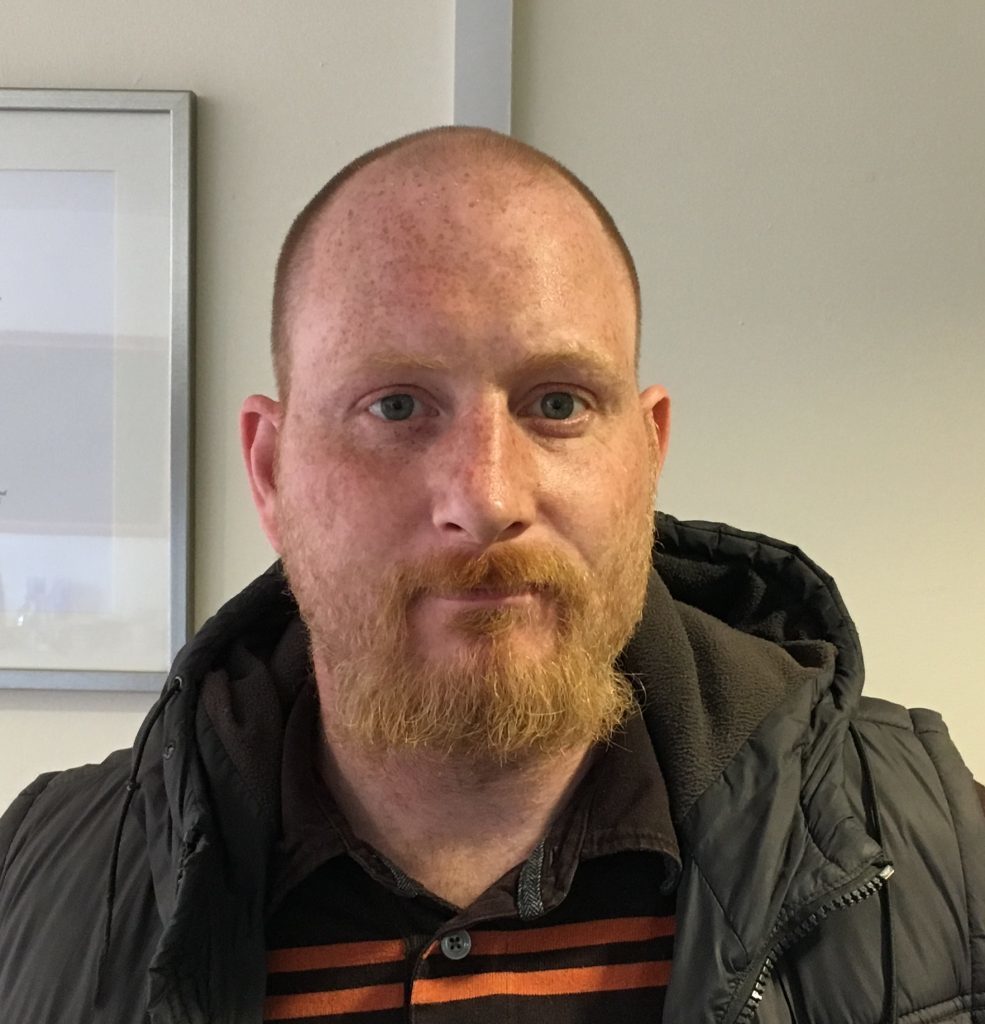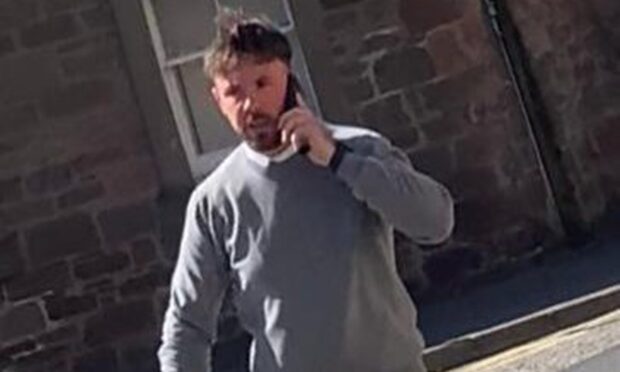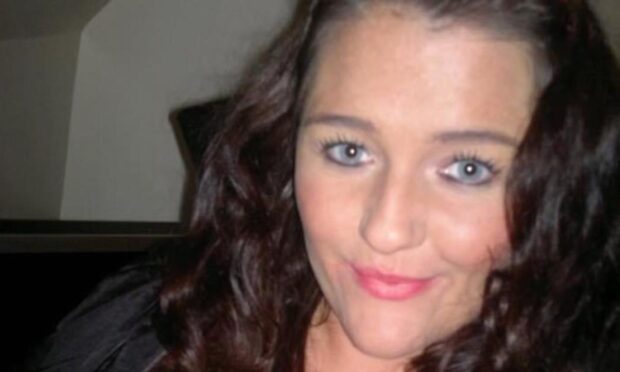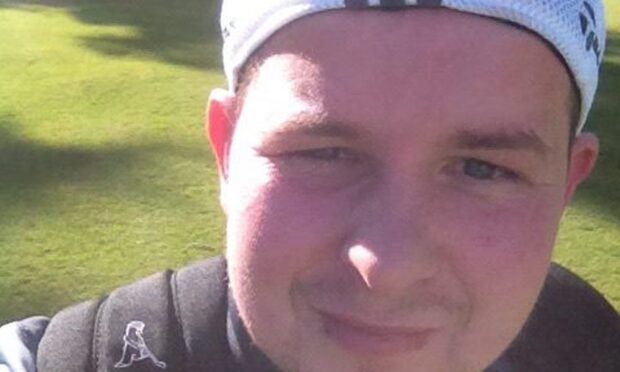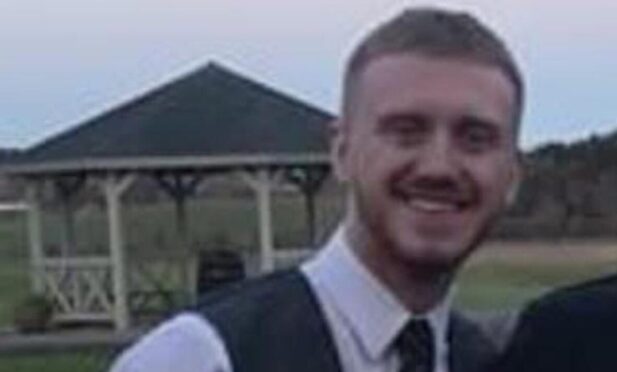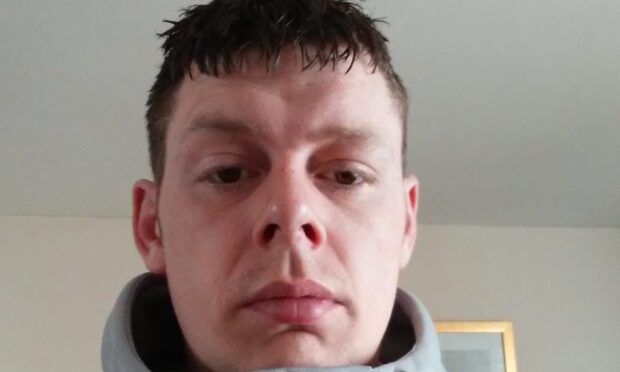Offender mentoring services are set to receive a £3.4 million funding, justice secretary Michael Matheson announced during a visit to Dundee.
Among the schemes to benefit from the cash is Tayside Council on Alcohol, which supports those who struggle with substance abuse and are on community sentences and other court orders.
Mr Matheson visited the TCA offices to meet the management, mentors and some of the people being helped to turn their lives around and beat addictions.
The announcement comes just days after a man was found unconscious on the stairs of Bell Street car park with a needle beside him, sparking debate about what needs to be done to prevent drug abuse.
Mr Matheson insisted the TCA could play a vital role in helping people to curb their addiction — and related issues.
“One-to-one mentoring has been shown to turn people away from crime by helping them address practical or personal problems, such as relationship issues, accessing housing or healthcare, or finding training or work,” he said.
“Supporting people to overcome these challenges can stop them offending in the future.
“The partnership we’ve developed here in the Tayside area is proving to be very successful and that’s why we’re pledging an extra £3.4million to a range of mentoring services across the country including to here in Dundee.”
The schemes in line to receive the funding include Shine, a national service for women leaving prison, on remand, or struggling to complete community sentences; New Routes, a national service for men leaving prison; Moving On, which supports young men leaving HMP Polmont; and TCA.
TCA has delivered mentoring services for the past ten years, including a women-only mentoring service for women on court orders since 2010.
The organisation will receive £155,635 of the £3.4 million funding in 2017/18.
Kathryn baker, interim director of TCA said: “Our community-based mentoring service has made a real difference to the lives of women and young men seeking to break the cycle of re-offending.”
CASE STUDIES
Justice secretary Michael Matheson spoke with a number of service users being helped by Tayside Council on Alcohol’s mentoring programme during his visit to Dundee.
The men and women who came forward to tell their stories all have a history of drug and alcohol abuse, which they are overcoming in order to integrate back into the community.
Here are their inspirational stories in their own words…
Dorothy Whyte, 32, from Charleston
“I’ve had a mentor since November and it’s the most positive thing I’ve ever had in my life.
“I had been smoking cannabis for 15 years and most days I wouldn’t even get dresses or leave the house.
“I also had anger issues — if someone said something even slightly negative to me I’d just explode and go off my head.
“Since being mentored I have stopped smoking cannabis and I’m engaging with people.
“I feel more confident and better within myself. I have calmed down and I don’t shout like before — even my son has noticed the difference and he is a lot calmer now too.
“I’m expecting a baby and this time things are different. Without the mentors I don’t know where I would be!”
Leanne Burry, 32, from Coldside
“To begin with I was adamant that I didn’t want a mentor and that I could cope on my own.
“But I’ve been coming to the TCA for three months and the change in me is amazing.
“I’d been taking heroin for a couple of years and I to lock myself away in the house most of the time.
“I didn’t communicate with people at all.
“After coming to TCA I started to come out of my shell and to talk to people more.
“I get up in the morning and look forward to the day instead of dreading it.
“If it wasn’t for the mentoring I’d still be sitting in the house all day taking drugs.”
Hayley Marshall, 31, from Linlathen
I used to have a big problem with drugs — mainly heroin and Diazepam.
“One moment I’d get better and the next I’d relapse. It went on for about ten years.
“I used to stick my head in the sand about everything. For example, when I got bills I’d throw them in the bin and not pay them, which led to problems with housing.
“My daily routine was get up, go to the chemist and then come home.
“I’m still on methadone at the moment but having structure in my life and places to go is helping so much.
“I know I have TCA on Thursdays and other groups throughout the week.
“Even doing things that other people take for granted, like going for a walk, have been so much help.
“When I was younger I didn’t bother with school much, so I’m looking at going to college to do a start-up skills course in August.”
Derek McKenzie
“I had been doing heroin and drinking heavily for about six years.
“I got off the drugs gradually, but with the alcohol it was just cold turkey, which was hard.
“With the help of the mentors I started to do things that I would have struggled to be involved with before, just simple things like going to the cinema, bowling, going to the football — things that ‘normal’ people do.
“I recognise now how much I’ve been missing out on, and that it is up to the individual to want to change.
“Being mentored has made a huge difference to my life — I’ve been clean for ten months and if I drank or took drugs now I wouldn’t enjoy it.
“Long may it continue!”

